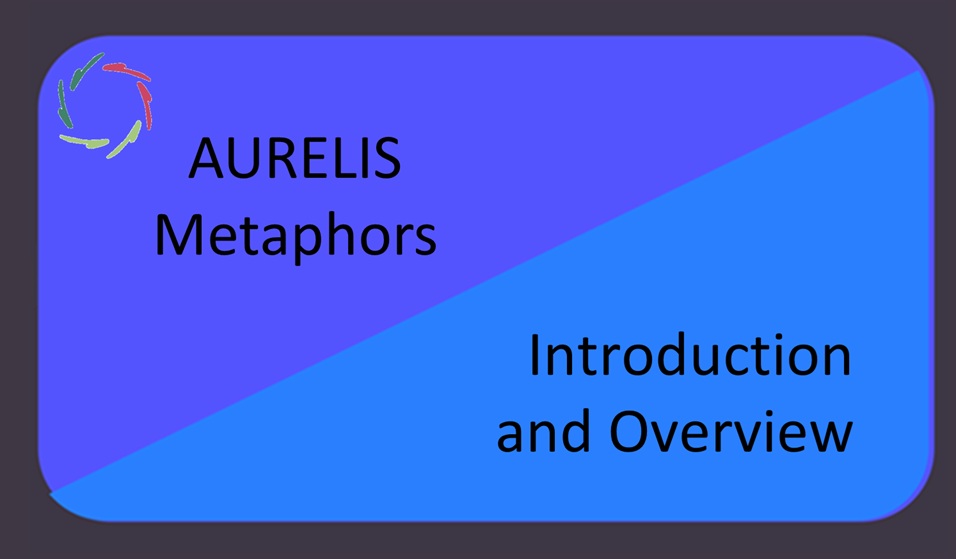Autosuggestion versus Hypnosis

People ask me about this. I see a fundamental difference related to a spontaneous flow – or not – of free will.
Hypnotic suggestion
Hypnosis is real and scientific in the sense that many scientific hypnotic organizations exist in many countries. I studied at one of them in my country, Belgium. One can get a scientific degree. There are scientific journals, etc. During my years as a medical student, there was a mini-course integrated into the medical curriculum, and which I followed.
There are many interesting books about hypnotic suggestion. I’ve read a fair amount of them. There are many interesting techniques involved. I use them in AURELIS sessions and in coaching ― well understood: in translation towards AURELIS philosophy.
Trance?
What I don’t follow at all is the importance that many in the hypnotic world lend to the idea of trance. Well, it exists, as the deep immersion in a book or movie exists. This immersion may even help one to let himself flow more deeply into the story or the feelings involved. The immersion aids towards nice experiences.
But then, call it immersion.
Trance has the connotation that someone’s will is being subdued in favor of someone else’s more powerful will and who, this way, gets more power over the hypnotized who loses his own free will. That’s just an idea I absolutely don’t like. [see: “Hypnocus Pocus & Co.“]
Modern scientific hypnosis goes away from this, but not entirely.
What about self-hypnosis?
Also in self-hypnosis, the aim is to impose things, be it by the conscious person upon his own non-conscious processing. The question of freedom becomes a bit more challenging in this. Am I not free to make myself do something?
Legally, you are, in most cases. It depends on what you make yourself do. For instance, you should not make yourself kill someone. You should not make yourself a pedophile. You should not even make yourself want such things. Then, maybe a weirder question:
Should one refrain from making oneself into a burnout person?
I mean, a person who becomes more prone to burnout in any way. Well, I think you should (refrain), also ethically, because burnout puts a considerable burden on society, oneself, and the immediate environment. Before you start feeling guilty, please read [see: “Always Responsible, Never Guilty”]
Let’s get on with an even weirder question:
Should one refrain from making oneself into a non-burnout person?
Here I refer to the illusion of making a person into anything, even if it’s oneself. [see: “Is Man Morally Makeable?”]
Also, the endeavor in this is one from outside to inside and not one of growth from the inside. As you may feel already, this is not congruent with the AURELIS basic philosophy of natural growth.
AURELIS autosuggestion is a communication, a way to kindle the inside towards growth. There is no intention to do the making – or even growth – except spontaneously, as if by itself. There is no magic involved in this, but a lot of technique, science, art, and ethics. [see: “Five Aurelian Values”] The result is an invitation, being the combination of freedom and having some direction. [see: “Freedom + Direction = Invitation“]
This is, to me, also the main difference between (AURELIS) autosuggestion and hypnosis.
Then, the ‘auto’ gets essential. [see: “The ‘Auto’ in Autosuggestion“]


